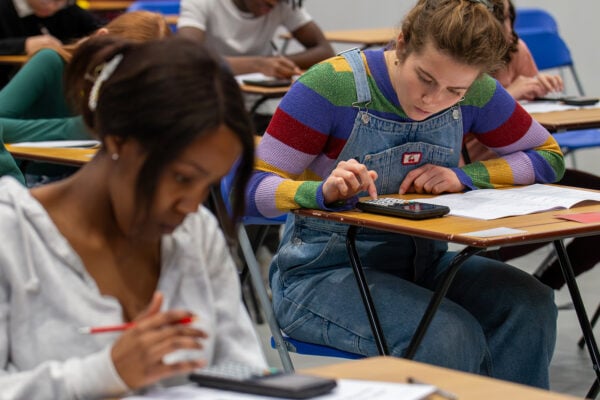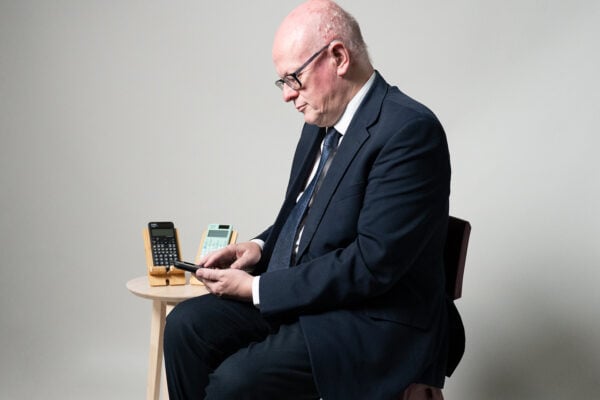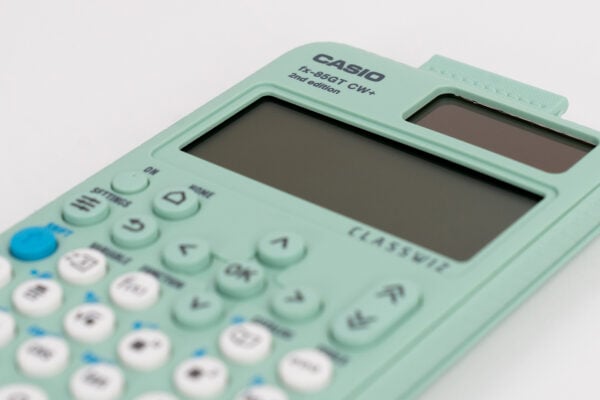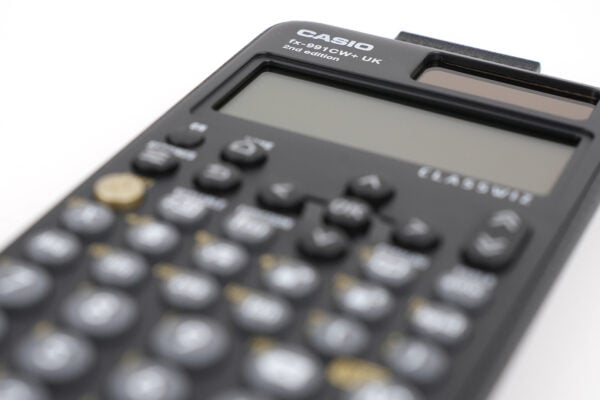Using Maths in Your Everyday Life: 4 Real-Life Situations That Rely on Numbers

Have you ever wondered when you will need to use Maths outside of school? Truth is, we use Maths as a foundation to make hundreds of decisions all the time! From cooking to shopping, Maths can make our lives easier. Let’s have a look at some of the ways we use Maths in our everyday life.
‘When will I ever need Maths in real life?’
This probably sounds familiar, right? Unless you’re a maths lover, this question has most likely crossed your mind at some point.
If you aspire to be a mathematician, engineer or scientist, you probably expect to use complex mathematical concepts in your day-to-day life. But all of us use the skills developed in maths lessons to help solve tricky real-world or work-related problems, sometimes years down the line. It’s only when we can’t work something out that we realise how important Maths is.
1. Maths helps you construct things
If you know anyone that works in construction, they’ll tell you how important Maths is when it comes to building. But it’s not just about building a house on a building site. We use Maths when building anything – even flatpack furniture. DIY needs some creative flair, the right set of tools, and most importantly, a good understanding of mathematics.
Measuring lengths, widths, and angles, estimating project costs, and piecing it all together are a few instances that show how vital Maths is for projects at home.
2. Food Shopping
One of the most obvious, yet essential places you’ll see people using Maths is in the supermarket. Food shopping requires you to be aware of a broad range of mathematical concepts, from multiplication to estimation and even percentages!
For example, whenever you calculate the price per unit, weigh produce, figure out percentage discounts, and estimate the final cost, you’re using maths to make your shopping experience easier. Without that knowledge, food shopping could be a struggle, so these basic concepts are really useful to store in your mind.
3. Baking and Cooking
Cooking and baking are great fun and can be really rewarding. But did you know that they are both forms of science? And, a perfect opportunity to practice some Maths. If you think about it, recipes are just mathematical algorithms or step-by-step sets of tasks executed to create something amazing at the end!
Let’s take a look at some examples of how Maths can be used in the kitchen:
- Measuring ingredients
- Multiplying/dividing fractions to make the recipe for more or fewer people
- Converting a recipe from Celsius to Fahrenheit
- Converting a recipe from metric (mL) to units like a teaspoon, tablespoon or cup
- Calculating cooking time per each item and adjusting accordingly
- Finally – Understanding ratios and proportions, particularly in baking. For example, if the recipe needs 1 egg and 2 cups of flour, then the ratio of eggs to flour is 1:2
4. Maths allows you to travel safely
Maths comes in pretty handy when travelling. Most of us won’t realise this, because we do these things intuitively. But, if you think about it, when you travel, Maths always comes with you. To go anywhere, you’ll need to estimate the amount of fuel you’ll need to plan out a trip based on miles per hour, and distance travelled.
A big one is calculating fuel usage, especially for long-distance travel. Without it, you may find yourself stranded or on the road for much longer than anticipated. Other ways Maths can come in handy on your trips are by paying for tolls, counting exit numbers and checking tyre pressure.
Maths can be particularly useful when going on holiday abroad! When you travel outside of the UK you often have to change your money to the currency of the country you’re visiting. So, to make your life easy, there is a super simple maths equation to work this out. To change British money to foreign money – multiply by the exchange rate.
Equation:
Foreign currency = British currency x exchange rate
Maths is everywhere and can really have your back in situations you’d never imagined needing a Maths equation for! Why not use this blog as a motivating reminder for the next time you’re in a Maths lesson thinking ‘I’m never going to use this maths again’. You never know how or when it might be there to help you out in tricky situations.



